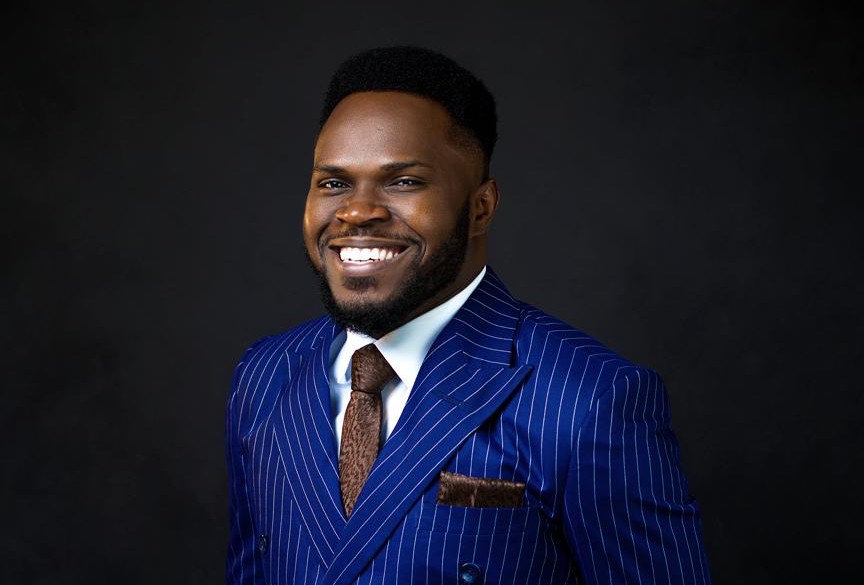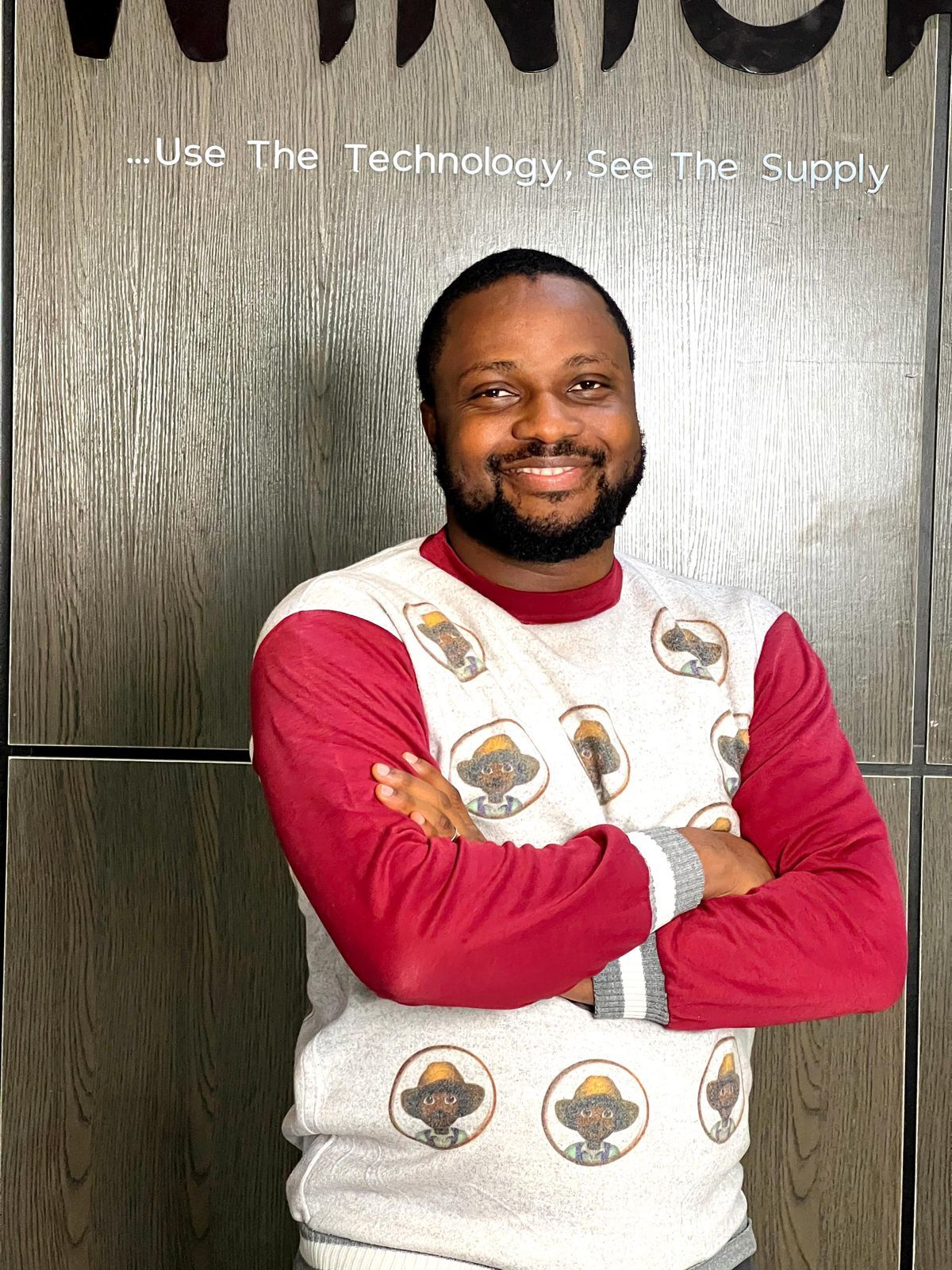Pascal Ekeh isn’t just thinking about the future of risk and finance, he’s building for it. With years of experience advising institutions on risk and financial governance, he has developed a reputation for asking the questions that many skip: How do we make financial systems not just more efficient, but more accountable? How do we restore public trust in institutions tasked with managing wealth and resources?
Ekeh built his early career at Deloitte Nigeria, where he worked across sectors to help clients strengthen internal controls and navigate regulatory complexity.
His role spanned financial investigations and risk management, placing him at the centre of reform-focused engagements that demanded both technical depth and strategic clarity.
“A lot of what I did came down to asking hard questions,” he says. “Is this system defensible under scrutiny? Can it detect and deter misuse? Can it help the right decisions rise to the top?”
It’s that kind of questioning that sets the tone for his next step: pursuing an MBA in Finance at the University of Notre Dame. But the goal, he explains, wasn’t just to collect credentials; it was to sharpen the tools needed to fix real structural problems. “I wanted to get better at diagnosing what’s broken and leading the change that matters,” he says.
At Notre Dame, Ekeh deepened his finance expertise while expanding his perspective through leadership training, ethics-centred strategy, and systems thinking. The program gave language and structure to what his consulting work had already shown him: that systems don’t fail only because of technical gaps, they fail because of trust gaps and a lack of alignment between intent and execution.
“Technical knowledge matters, but it’s the why behind our decisions that determines whether systems earn public trust,” he says.
Ekeh sees a future in which financial professionals are called to do more than deliver reports; they will need to rebuild trust and lead with transparency. He notes a common theme across institutions: misalignment between stated goals and the incentives that drive behaviour. “We talk about reform,” he adds, “but reform without cultural or structural shifts just recycles risk in new forms.”
He’s preparing to join a U.S.-based consulting firm in its Finance Transformation practice, where he’ll support Fortune 500 clients in redesigning finance systems from the inside out. But for him, the mission is broader than corporate performance. “Finance should express the values of the institution it serves,” he says. “We need systems that are technically sound, but also human enough to be believed.”
With a unique blend of technical finance training and risk consulting experience, Ekeh aims to play a leading role in shaping how institutions respond to financial complexity and public accountability. He plans to work across sectors, advising corporations and governments on building financial systems that are transparent and resilient in the face of global volatility.
Whether in public sector reviews or cross-border audits, Ekeh’s work has shown that accountability and structure are not optional; they’re foundational. And for institutions serious about resilience and public confidence, professionals like him will increasingly be the ones leading the charge.






